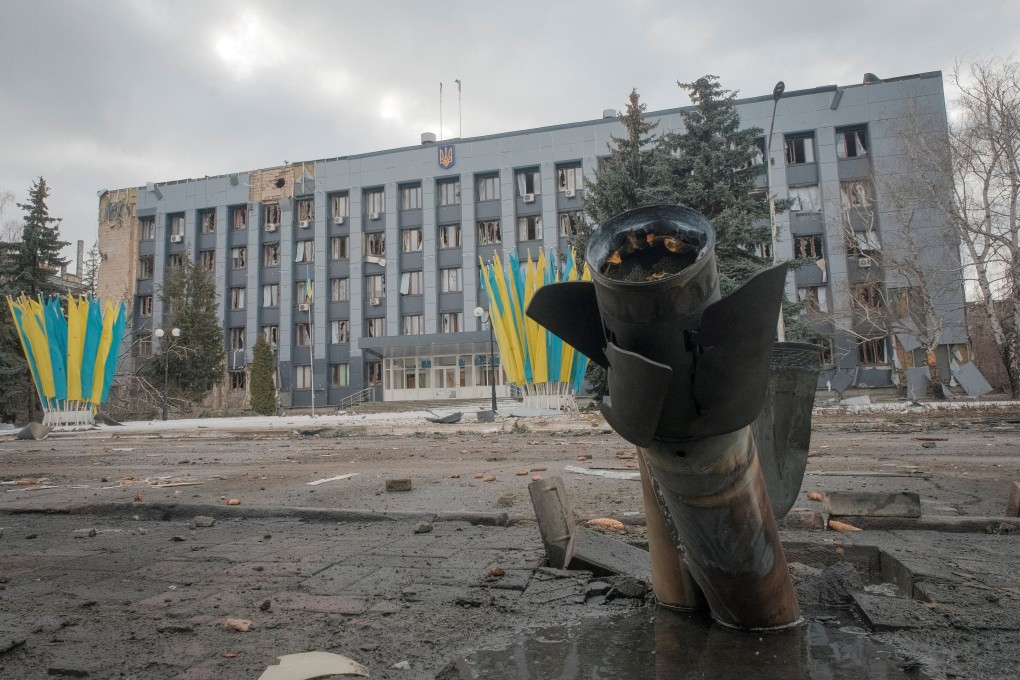My Take | In Ukraine, Western interests don’t equate to a universal moral principle
- A new international survey explains succinctly why the rest of the world does not stand with the West over a war that is not of their own making

Of course, most non-Westerners are puzzled by the West’s incomprehension and self-righteousness because there is a very simple answer – it’s your war, not ours. What’s worse is that instead of containing and localising it, you are deliberately turning it into a global problem for everyone!
The council should be commended, as do the survey’s three principal authors, for finding out what has been obvious to many people around the world, but perhaps not in the West, especially those who work in the news media. Its research efforts are especially remarkable given that one of the authors, Timothy Garton Ash, has been the typical liberal hawk against Putin’s Russia. A professor at Oxford and senior fellow at the conservative Hoover Institution, at Stanford University, Ash has been one of the most distinguished historians of this generation. He has also consistently advocated the most hard-line position for the West to take in the war. The survey is testimony to his intellectual honesty.
Fellow survey colleague Mark Leonard is the author of the bestselling Why Europe Will Run the 21st Century, first published in 2005 and according to its book cover, translated into 19 languages. Leonard seems to have jumped the gun, as “Western unity” now essentially means European subordination to the United States. What the Ukraine war has shown decisively to the Europeans is that their security still depends on the Americans, perhaps now more than ever. Brussels’ pursuit of an independent foreign policy, so openly celebrated until recently, lies in tatters.
If I have not so far been reporting on the actual results of the survey, it’s because it is concisely written and full of helpful and easy-to-understand graphs and charts. You will be much better off reading it directly instead of taking it from the usual substandard and diluted reporting from the mainstream press.
I will refer to a few of the findings below, though, because they show the wide perspectival gulf that has opened up between the West and the rest of us, not only over the war but also on the world we live in today.
In the survey, “most Europeans and Americans agree they should help Ukraine to win, that Russia is their avowed adversary, and that the coming global order will most likely be defined by two blocs led respectively by the US and China”.
Outside the West, it’s almost the opposite. Most believe the world is breaking up into a multipolar international system, rather than one being divided into just two blocs. Most in India, China and Turkey identify Russia as either an ally or a “necessary partner”.
